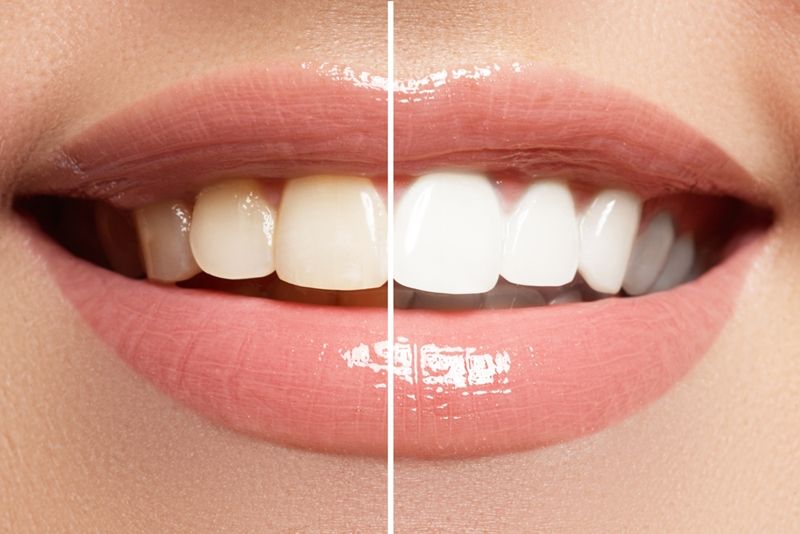
Teeth cleaning is a common and essential dental procedure that helps maintain oral health by removing plaque, tartar, and stains. While it is generally safe and beneficial, some people may wonder if there are any risks involved. Understanding the potential side effects and how to minimize them can help you make an informed decision about professional Teeth cleaning (تنظيف الأسنان).
What Happens During Professional Teeth Cleaning?
Professional teeth cleaning involves several steps to ensure your teeth and gums remain healthy:
Scaling: Removes tartar and plaque from the surface of teeth and gum line.
Polishing: Helps smoothen teeth and remove surface stains.
Fluoride Treatment: Strengthens enamel and protects against cavities.
While the procedure is straightforward and typically painless, some people may experience temporary discomfort or sensitivity.
Potential Risks of Professional Teeth Cleaning:
Although professional teeth cleaning is generally safe, there are a few potential risks to be aware of.
Temporary Tooth Sensitivity:
After teeth cleaning, some individuals may experience temporary sensitivity to hot or cold foods and drinks. This usually subsides within a few days.
Gum Irritation or Bleeding:
If gums are already inflamed due to plaque buildup, mild irritation or slight bleeding can occur during or after cleaning. This typically resolves on its own.
Enamel Wear (If Overdone):
Excessive or overly aggressive cleaning can lead to enamel wear over time. This is why it is important to get teeth cleaned at appropriate intervals.
Increased Sensitivity for Those with Receding Gums:
Individuals with receding gums may experience increased sensitivity because the exposed root surfaces are more vulnerable to discomfort.
Risk of Infection (Rare Cases):
Although rare, those with weakened immune systems or underlying health conditions may have a slight risk of infection if bacteria enter the bloodstream.
How to Minimize Risks During Teeth Cleaning?
There are several ways to ensure a smooth and safe teeth cleaning experience:
- Maintain good oral hygiene to prevent excessive plaque buildup.
- Inform the dental provider about any sensitivity or medical conditions before the procedure.
- Use fluoride toothpaste to strengthen enamel and reduce sensitivity after cleaning.
- Avoid very hot or cold foods immediately after the procedure if sensitivity occurs.
- Follow recommended cleaning schedules to prevent excessive plaque buildup and reduce discomfort during cleanings.
FAQs About Teeth Cleaning Risks and Benefits:
Can teeth cleaning damage enamel?
No, professional teeth cleaning does not damage enamel when done correctly. However, excessive or overly aggressive cleaning may contribute to enamel wear over time.
How often should I get professional teeth cleaning?
Most professionals recommend cleaning every six months, but individuals with gum disease or heavy plaque buildup may need more frequent visits.
Will my teeth feel sensitive after cleaning?
Some people may experience mild sensitivity, but it usually lasts only a few days.
Is teeth cleaning painful?
Teeth cleaning is generally not painful. However, individuals with sensitive gums or excessive tartar buildup may feel slight discomfort.
Can I eat immediately after teeth cleaning?
Yes, but it is best to avoid acidic, hot, or cold foods for a few hours if you experience sensitivity.
Teeth cleaning (تنظيف الأسنان) is a crucial part of oral hygiene that helps prevent dental problems and enhances overall well-being. While minor risks like sensitivity and gum irritation may occur, they are temporary and manageable. By maintaining good oral care habits and following recommended cleaning schedules, you can enjoy the long-term benefits of a healthy and bright smile.







